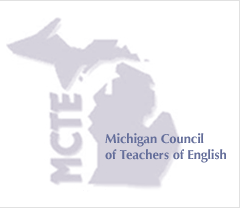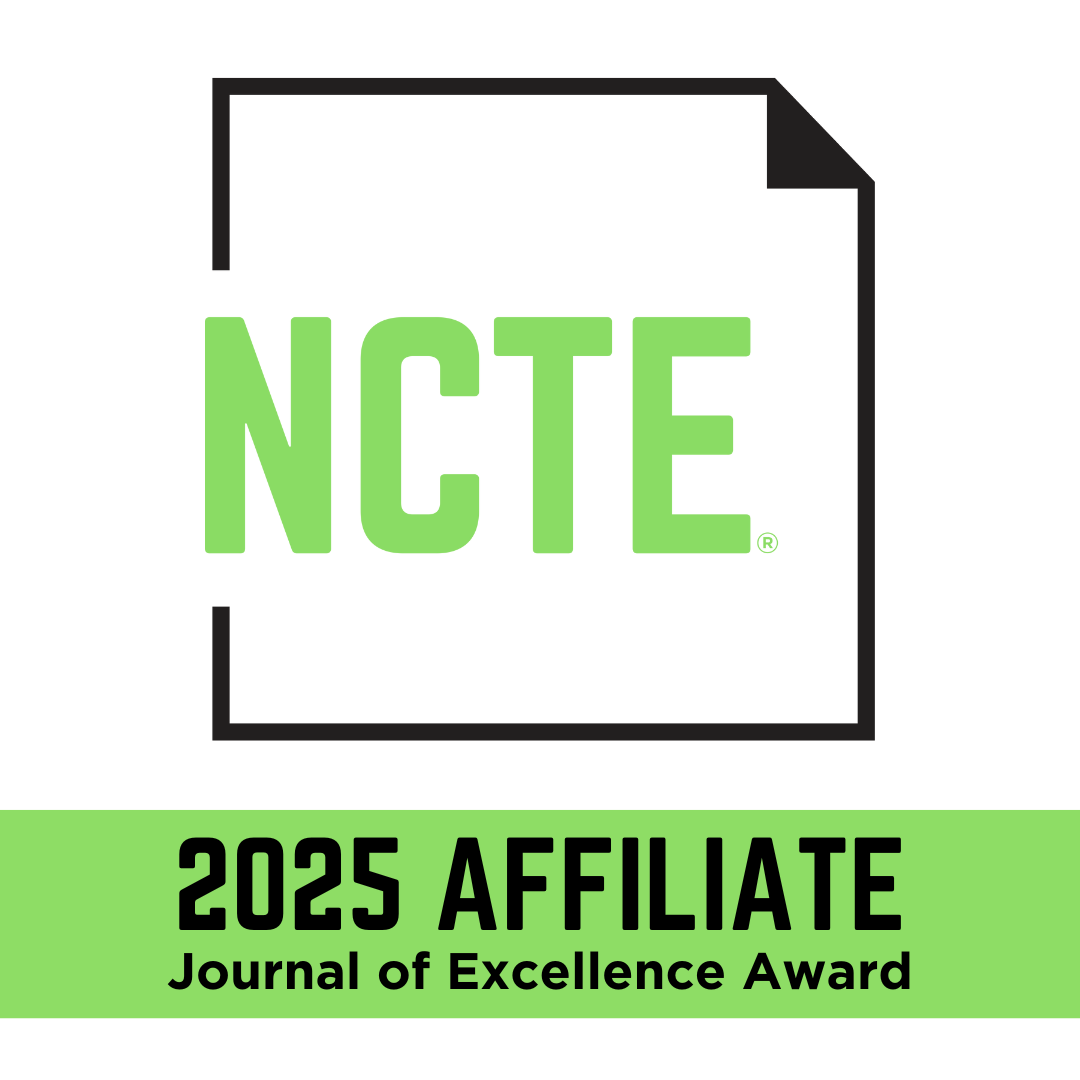Current Call
Summer/Fall 2025: Call for Proposals
LAJM Co-Editors: Raven L. Jones, Tanya Upthegrove Gregory, & Alexandra Sánchez
They Deserve It All: Centering the Joy and Genius of Students at Home and in the Classroom and Community
“Joy is the practice of loving self and humanity; caring for and helping humanity and earth; recognizing truth, beauty, aesthetics, art, and wonder; and working to solve social problems of the world.”
“There needs to be a dismantling of systems and curricula, and a (re)building of them that is grounded in the genius of our teachers and students.”
Gholdy Muhammad, Unearthing Joy: A Guide to Culturally and Historically Responsive Teaching and Learning
In a season when schools and classrooms are often dominated by standards, surveillance, and stress, Gholdy Muhammad’s (2023), Unearthing Joy: A Guide to Culturally and Historically Responsive Teaching and Learning, calls us back to the soul of education: the cultivation of identity, skills, intellect, criticality, and ultimately – joy! She reminds us that joy is not simply a feel-good emotion but a necessary, radical act of love, resistance, and liberation. And to this, we nod in complete agreement, give soul claps, and emphatically shout, “You betta say that, Sis!” This call for proposals is personal to us. We are joy-chasers. We believe that the absence of joy is not neutral – it is a quiet violence, an erasure of spirit, and a betrayal of the purpose of education as a liberatory human force. Similarly, we have experienced that when joy is missing from education, the result is not just disengagement – it is harm. It signals to students that their cultures, identities, and dreams are unwelcome, especially for students of color. Furthermore, such trauma and inequities are a disruption of wholeness. A denial of the brilliance, beauty, and humanity that students bring into our lives, homes, and classrooms. We believe that students deserve joy. They deserve advocates, champions, and defenders. They deserve it all!
Muhammad’s HILL Model is an instructional framework for Culturally and Historically Responsive Education (CHRE), in which she names five pursuits – identity, skills, intellect, criticality, and joy – because they respond to diverse students’ Histories, Identities, Literacies, and Liberation. CHRE provides us the tools to unearth joy in classrooms, communities, and curriculum across grade levels and content areas.
This call for proposals invites teachers, parents, students, and educational leaders to reflect on centering the joy and genius of Pre-K-20 students. How do your students and children (re)define joy? How are you supporting them and sustaining their joy whether at home or in the classroom or community? What does this look like? Who else is involved? How are you as an educator, parent, administrator, rich auntie, loved one, or community caretaker ‘showin’ up and showin’ out for today’s youth advancing their joy and genius? In what ways can Muhammad’s HILL Model promote joy through lesson plans, units, read alouds, affinity spaces, family engagement, playlists, book clubs, project-based learning, and more? We are seeking works that normalize joy. PERIODT! We invite prose, poetry, and other positioning that foster affirming language and literacy practices for students. Submissions that examine humanizing and social justice teaching and learning are welcome. We are seeking writing and texts that explore antiracist pedagogies. Authors (teachers, instructors, students, parents, artists, professors, students, administrators, superintendents, community activists, etc.) might consider one of the following questions:
For Educators:
- In what ways have you reimagined your curriculum or classroom space to center joy and cultural responsiveness?
- How do you define joy in the context of teaching and learning? How is it reflected in your pedagogy?
- Share a lesson, unit, or experience inspired by Unearthing Joy: A Guide to Culturally and Historically Responsive Teaching and Learning that had a meaningful impact on your students.
- How do you navigate resistance to culturally responsive or joyful practices in your school, district, community, or institution?
For Parents & Caregivers:
- What does joyful, culturally responsive learning look like at home or in your community?
- How have you seen your child(ren) express joy when their culture, history or identity is affirmed in school?
- In what ways can schools partner more meaningfully with families to unearth joy in children’s learning?
- How does your child(ren) see you experiencing and practicing joy?
For Students:
- When have you felt the most joy in school? What or who made that possible?
- How do your teachers, instructors, or professors help (or hurt) your sense of identity, joy, pride, and purpose?
- What brings you joy in your life outside of school – at home, in your neighborhood, or with your family?
- If you could redesign your education to reflect your culture and joy, what would it look like? Where would it be? What stories, music, language, field trips, or traditions from your culture would be included?
Submission Deadline: February 28, 2026

